Pancreatic cancer is aggressive and has a poor survival rate. Could curcumin be the answer?
Pancreatic cancer is among the most aggressive forms of human cancer with a very high mortality rate. It represents the fourth leading cause of cancer death in the United States with an annual mortality of 32,000 deaths. With a 5-year survival rate of only 3% and a median survival of fewer than 6 months, diagnosis of pancreatic cancer carries one of the poorest prognoses. It’s one of the worst things a doctor ever has to tell a patient. The only FDA-approved therapies for it, gemcitabine and erlotinib, produce objective responses in less than 10% of patients while causing severe side effects in the majority. There is a desperate need for new options.
Clinical research to test new treatments is split into phases. Phase I trials are to make sure the treatment is safe, determining how much can be given before the treatment becomes toxic. Curcumin has passed a number of Phase I trials. In fact, there was so little toxicity, the dosing was limited only by the number of pills that patients were willing to swallow.
The purpose of Phase II is to determine the actual effectiveness of Curcumin. In two of the 21 patients who were evaluated, one had a 73% tumor reduction. This is what we like to see. Unfortunately, the effect was short-lived. The original lesion remained small, but a curcumin-resistant tumor emerged. The other patient showed slow improvement over a year, and the disease was stable for over 18 months. In fact, the only time their cancer markers bumped up was during a brief 3-week stint when the curcumin was stopped. So curcumin does seem to help some patients with pancreatic cancer. Most importantly, what is the downside? There were no curcumin-related toxic effects associated with doses up to 8 g/d. What happens after 8? We don’t know because no one was willing to take that many pills. They were willing to go on one of the nastiest chemotherapy regimens on the planet but didn’t want to be inconvenienced with swallowing a lot of capsules.
Of course, the only sure way to beat pancreatic cancer is to prevent it in the first place. In 2010 I profiled a study, the largest such study in history, which found that dietary fat of animal origin was associated with increased pancreatic cancer risk. Which animal fat is the worst? The second largest study chimed in in 2013 to help answer that question. Poultry was the worst—the first finding of its kind, showing a 72% increased risk of pancreatic cancer for every 50g of daily poultry consumption. That is only a quarter of a chicken breast. The reason white meat came out worse than red may be due to the carcinogens in chicken, the heterocyclic amines that build up when it is grilled and baked. These mutagenic chemicals have been associated with doubling pancreatic cancer risk.
Other recent studies include one out of San Francisco, comparing the standard American diet and an Italian diet, Results showed that a high consumption of meat and other animal products, as well as refined carbs, was associated with pancreatic cancer risk, whereas a diet rich in fruit and vegetables appeared to lower risk.
Eating meat may increase risk, whereas eating fake meat has been found to be associated with significantly less risk. Those who eat plant-based meats like veggie burgers or veggie dogs three times or more a week had less than half the risk of fatal pancreatic cancer. Legumes and dried fruit were found to be similarly protective.
Further reading:
- Curcumin Potentiates Antitumor Activity of Gemcitabine in an Orthotopic Model of Pancreatic Cancer through Suppression of Proliferation, Angiogenesis, and Inhibition of Nuclear Factor-κB–Regulated Gene Products
- Gemcitabine Sensitivity Can Be Induced in Pancreatic Cancer Cells through Modulation of miR-200 and miR-21 Expression by Curcumin or Its Analogue CDF
- A phase I/II study of gemcitabine-based chemotherapy plus curcumin for patients with gemcitabine-resistant pancreatic cancer
- Pancreatic cancer: molecular pathogenesis and new therapeutic targets
- Curcumin and gemcitabine in patients with advanced pancreatic cancer
- Curcumin, a component of turmeric: From farm to pharmacy





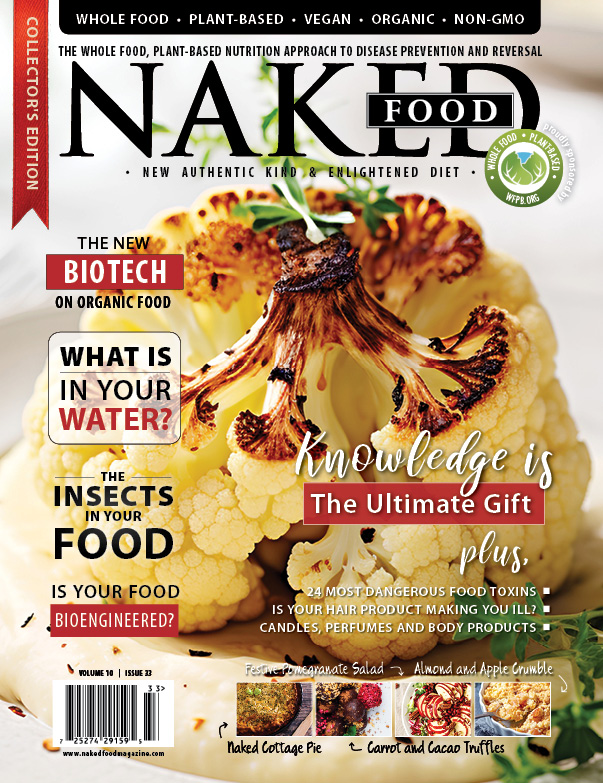
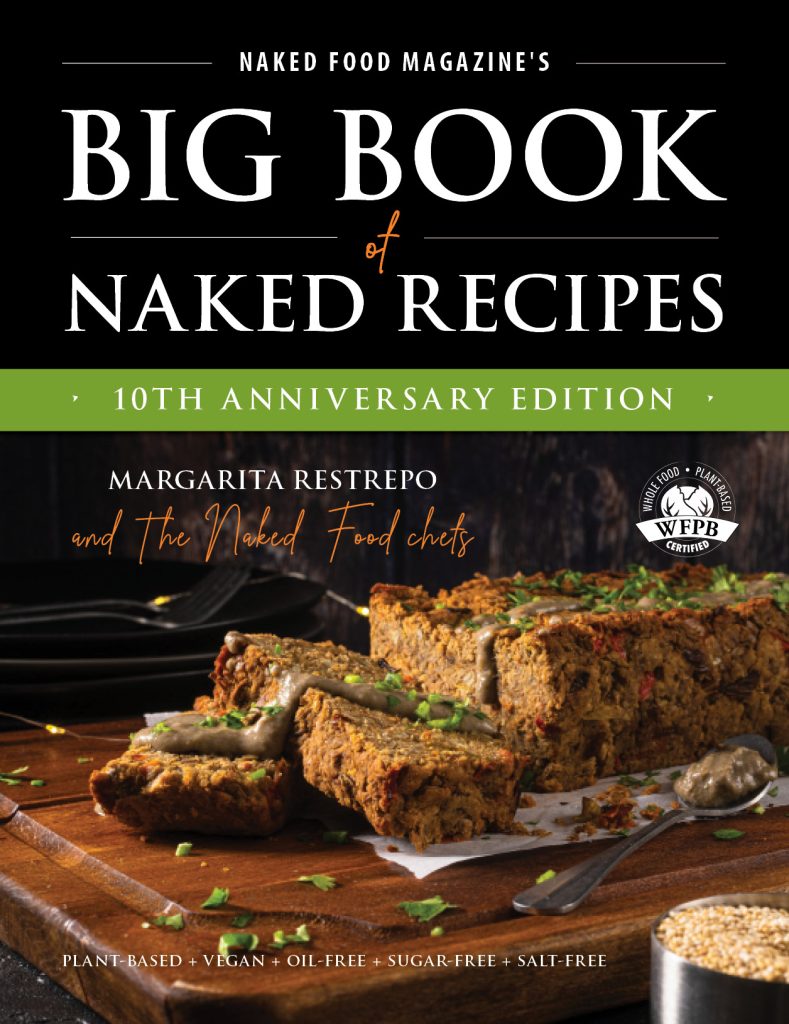
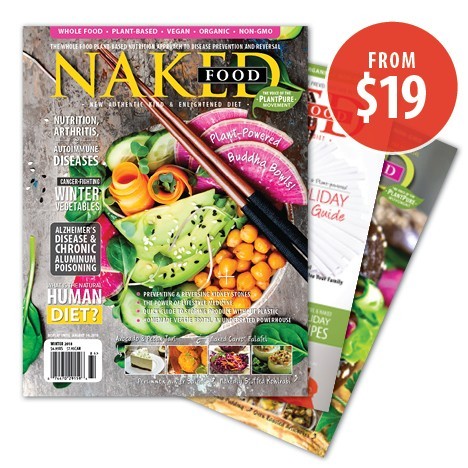
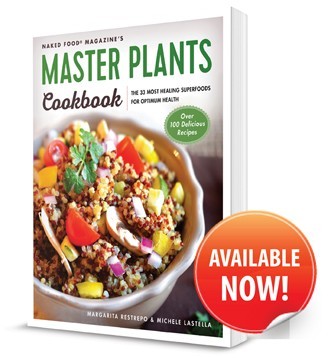












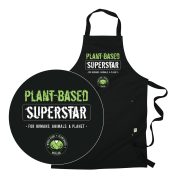

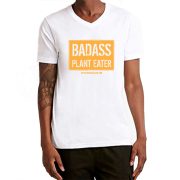

May 26, 2018
It would be nice if they could do a high dose curcumin intravenously like they can do with vitamin C which would solve the problem of swallowing so many pills.
August 13, 2017
The statistic regarding chicken consumption is pretty frightening! Does curcumin work for preventative purposes?
January 7, 2017
There are additional therapies FDA approved for advanced pancreatic cancer since 2013, although the prognosis does remain grim. It would be helpful if you posted the references to the studies you cited.
January 8, 2017
Hi Beth, studies are linked in the text of the article, and further articles are added at the end.